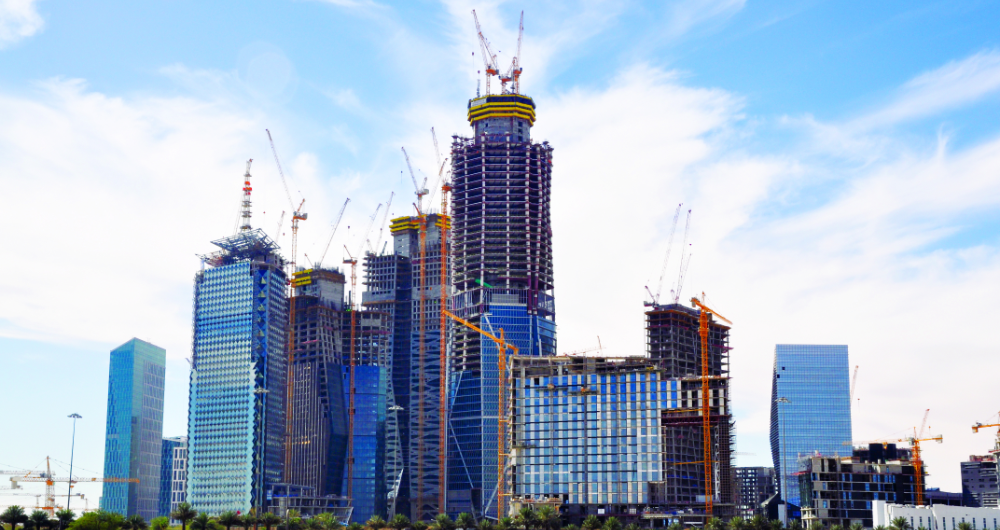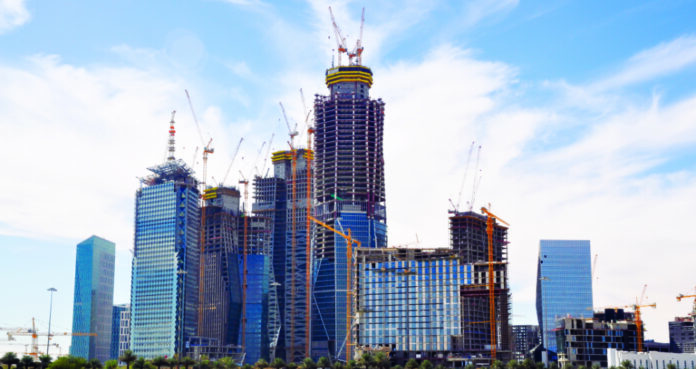RIYADH: New rules outlined by Saudi Arabia’s Supreme Court (SC) to help the Kingdom’s judiciary deal with contractual disputes related to the coronavirus disease (COVID-19) pandemic will help spur economic recovery and offer businesses a transparent solution to resolving disagreements.
Dr. Osama Ghanem Al-Obaidy, a professor of law at the Institute of Public Administration in Riyadh, told Arab News that the SC had clarified rules that lower courts must follow when considering such cases.
“Also, the president of the Supreme Council of Magistracy issued an order directing courts and judges to resume consideration of pandemic-related disputes,” he said.
Two specific court circuits — general circuits 50 and 51 — have been designated to look at contracts affected by the COVID-19 health crisis, and new and resumed cases will be forwarded and distributed equally between the two circuits.
The SC’s decision applies to disputes relating to construction, supply, leasing, and other contracts concluded before the start of the pandemic and excludes those where a government agency was a party, Al-Obaidy added.
Under the SC rules, the courts will intervene where performance of the contract becomes practically impossible or if it cannot be implemented. In such cases, the court will treat the pandemic as a force majeure event.
Force majeure is a clause in mutual contracts which essentially frees both parties from liability or obligation when an extraordinary event or circumstance beyond their control — such as the pandemic or an event described by the legal term as an act of God —prevents one or both parties from fulfilling their obligations under the contract.
Al-Obaidy said the SC sets certain provisions that must be satisfied, including the contract having been entered into prior to the onset of the pandemic and the taking of precautionary measures, the contract and its implementation showing to have been directly impacted by the virus outbreak, the aggrieved party not having waived their contractual rights, and that the impact caused was not addressed by a separate law or decision by a relevant authority.
When deciding, the courts must consider the degree and percentage of the impact of the pandemic on the contract, which must be grave and unusual. The harm or impact must also have occurred during and due to the global crisis.
“It is expected that pandemic-related cases in Saudi courts will concentrate mainly on cases of breaches of contracts in commercial, construction, industrial, services, financial and banking, insurance as well as professional and consultation services in addition to obligations and claims relating to compensation, fines, and damages relating to delay in performance of such contracts,” Al-Obaidy added.
He pointed out that the instructions by the Ministry of Justice also required that parties seek mediation and settlement before resorting to litigation, in order to ease any possible clogging of court dockets.

Saudi travel sector ‘optimistic’ about post-pandemic futureSaudia raises $3bn to fund aircraft orders

